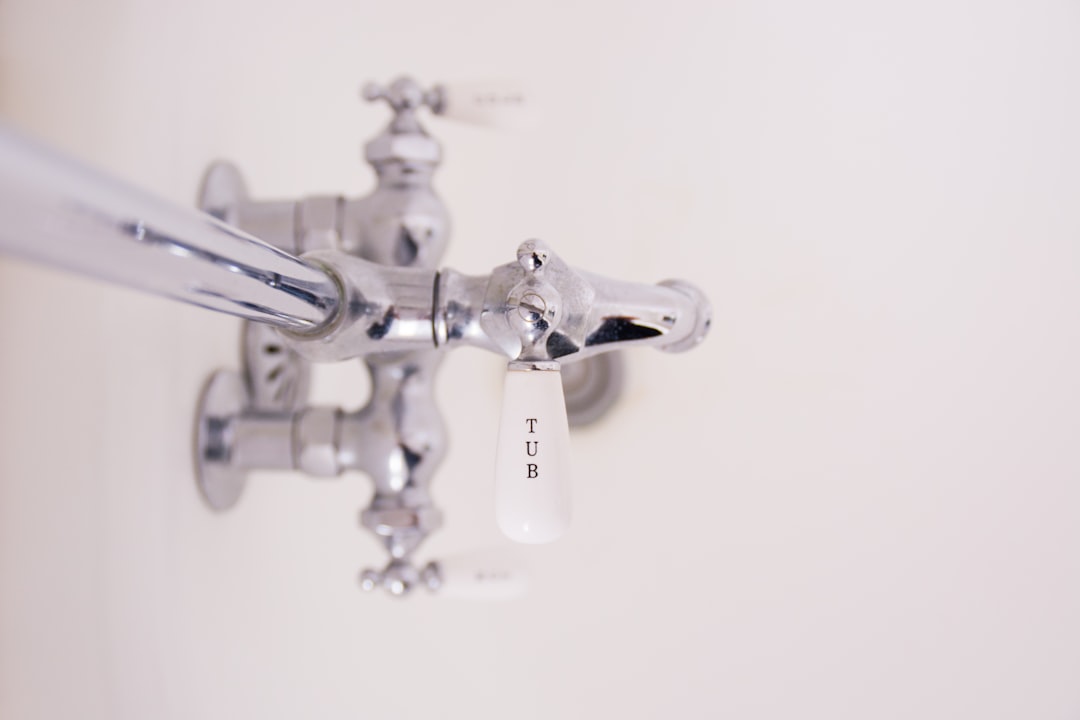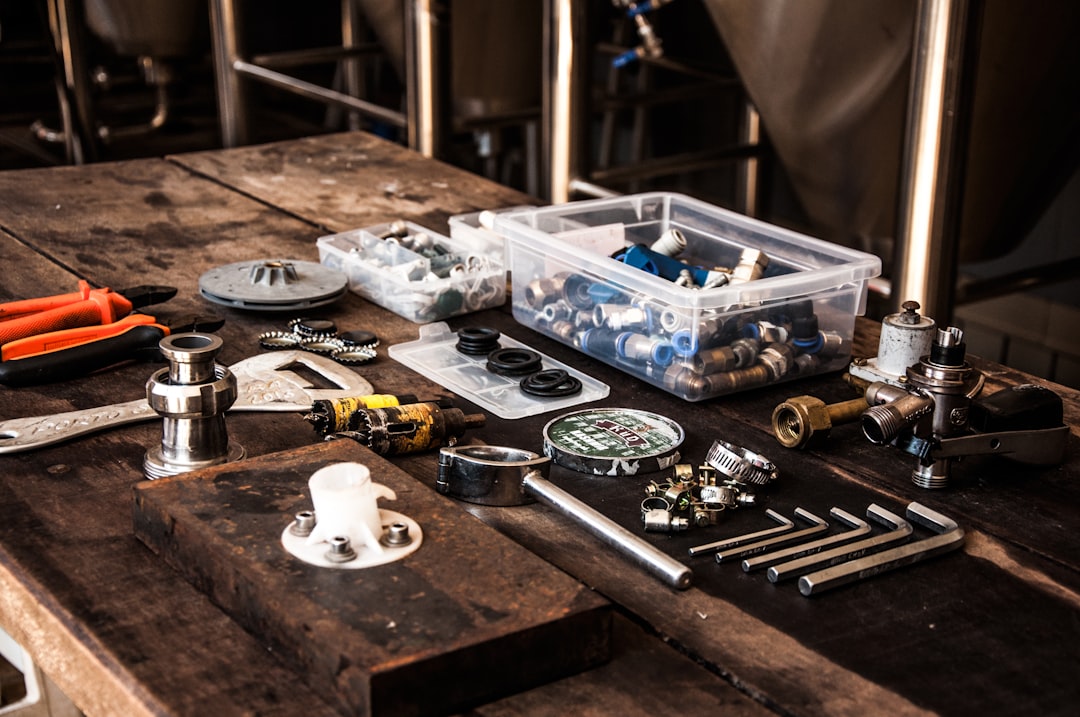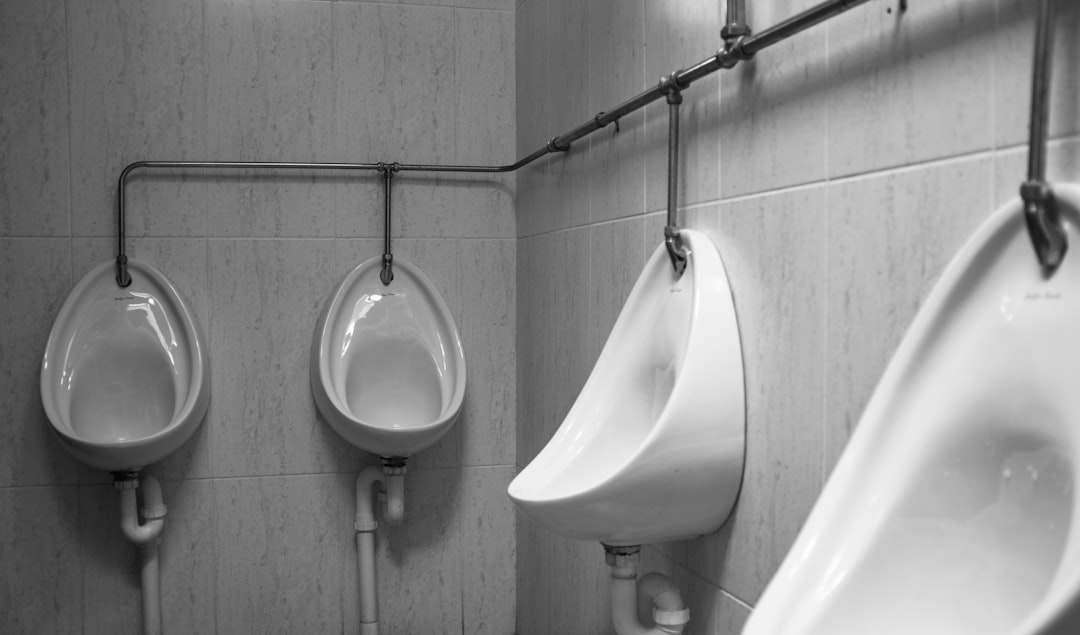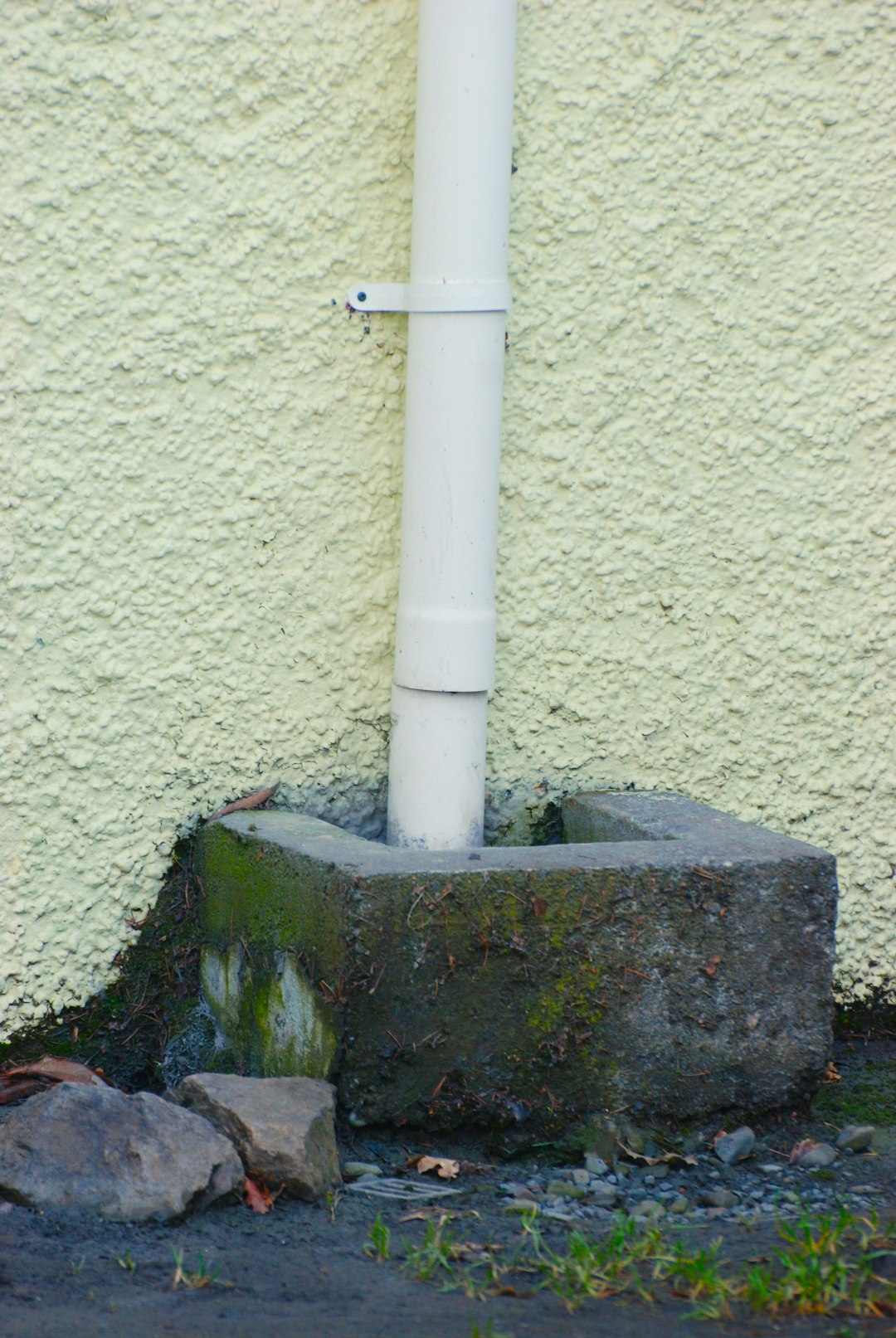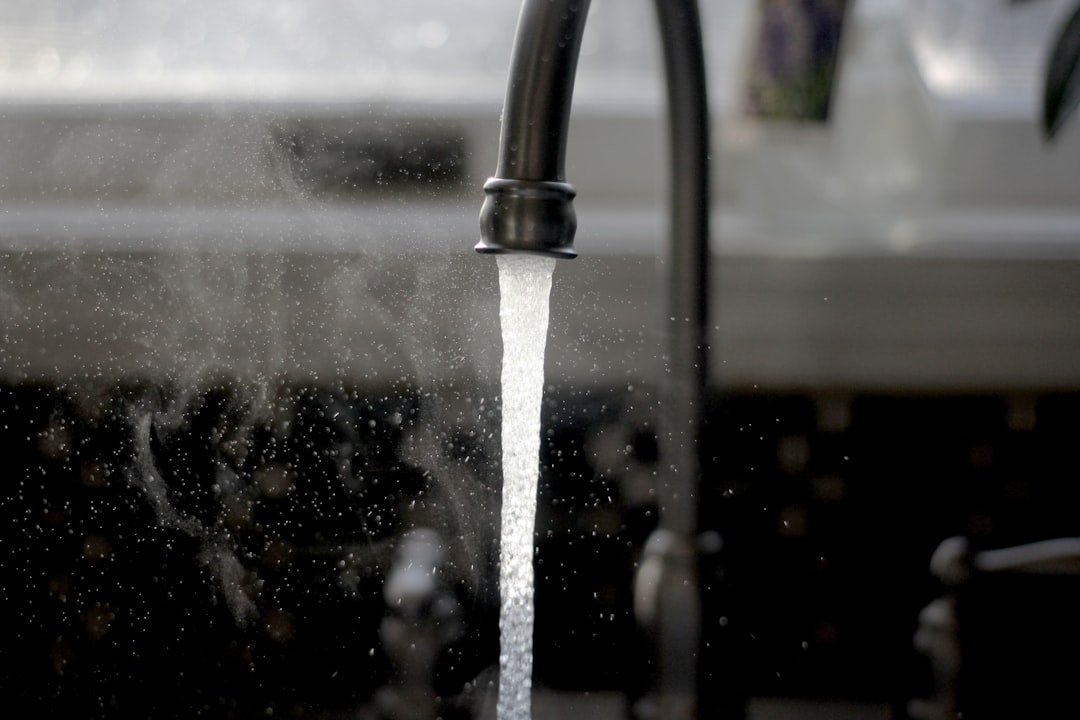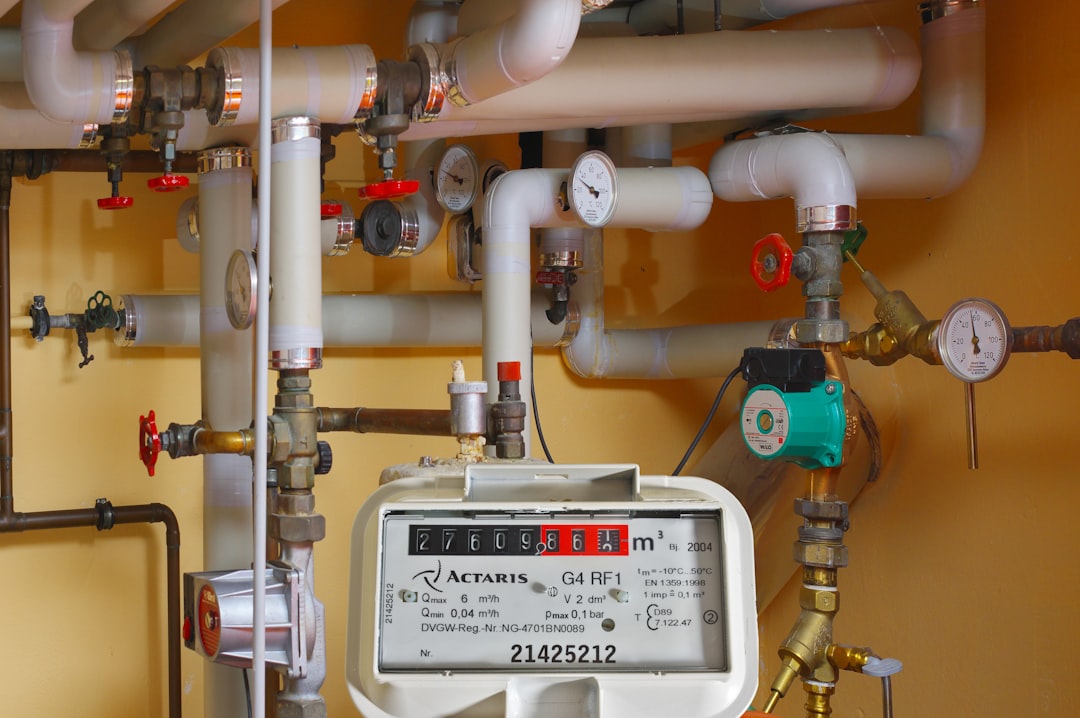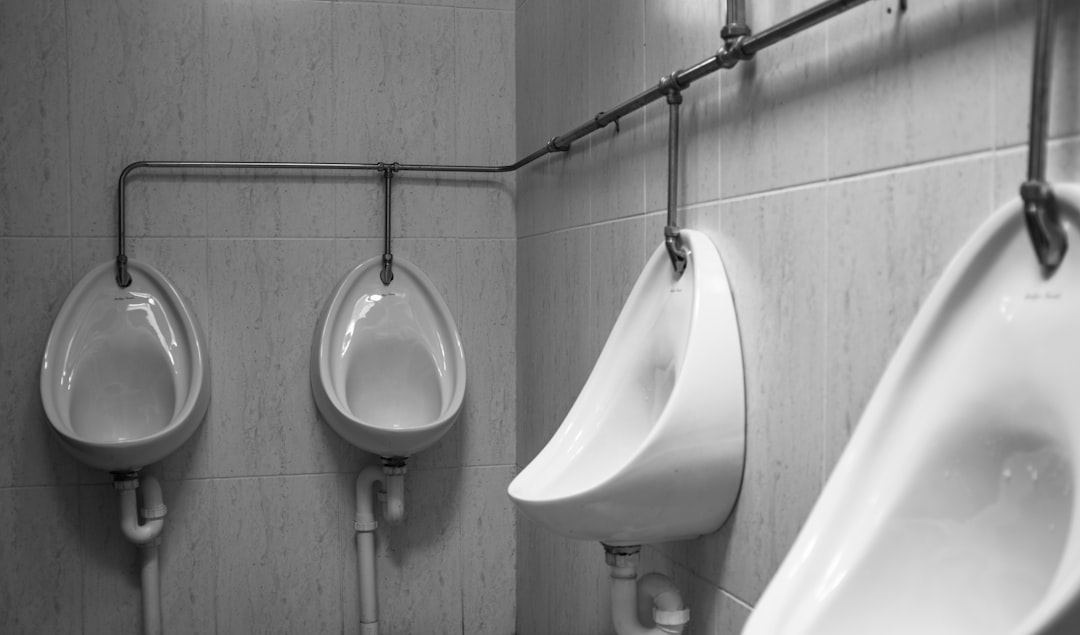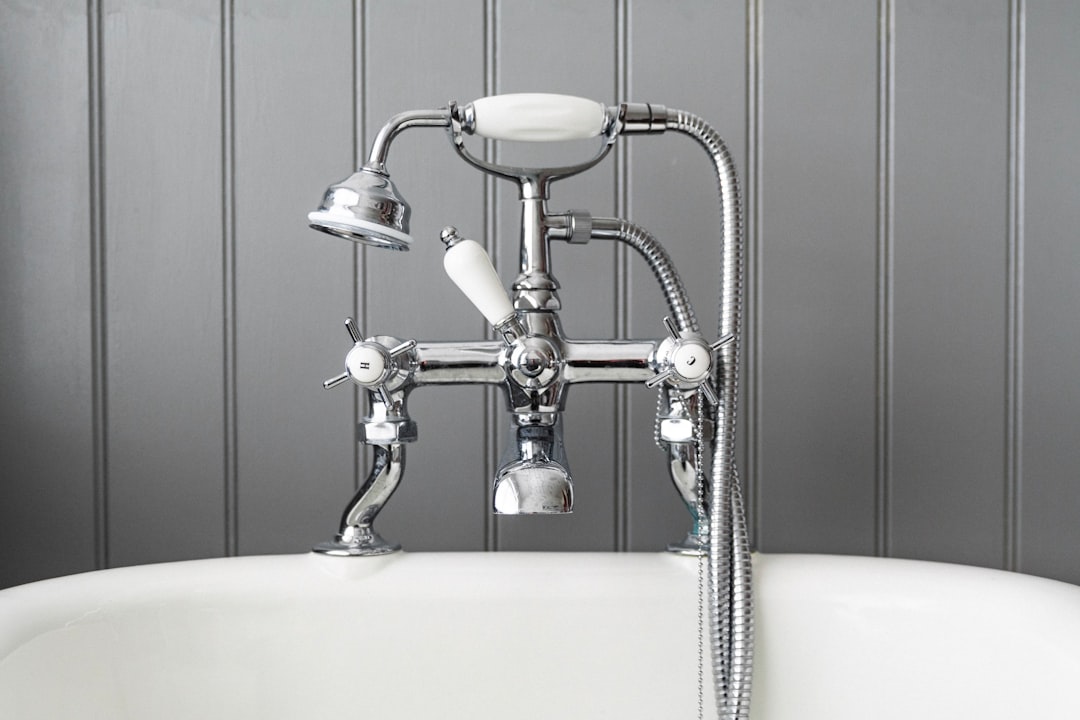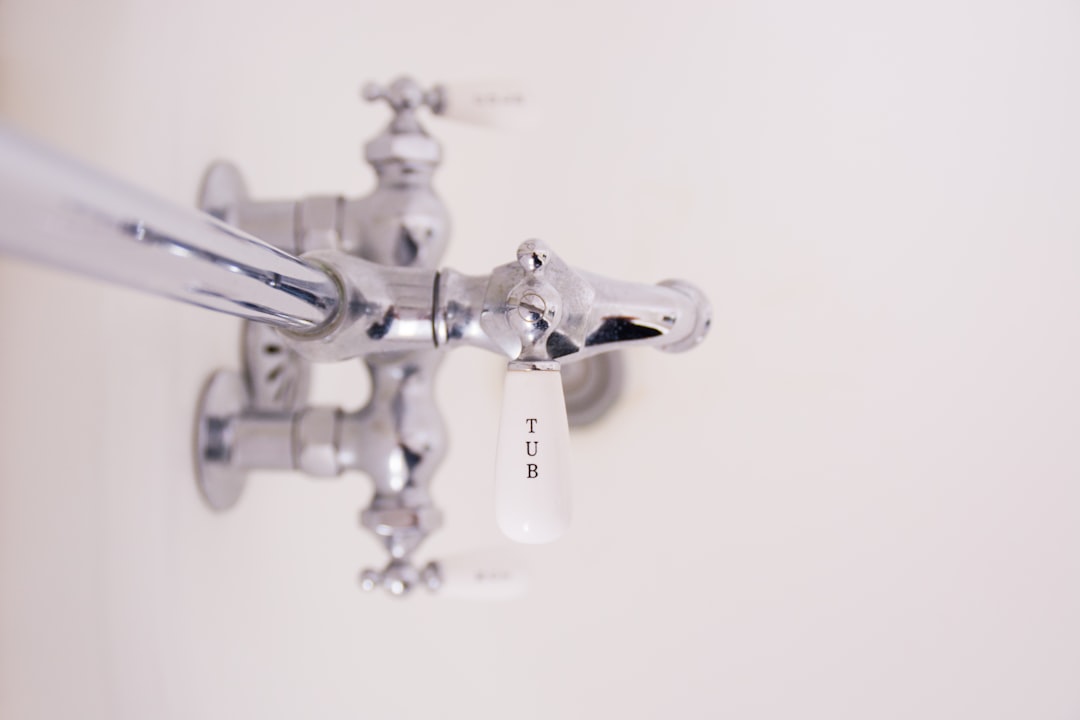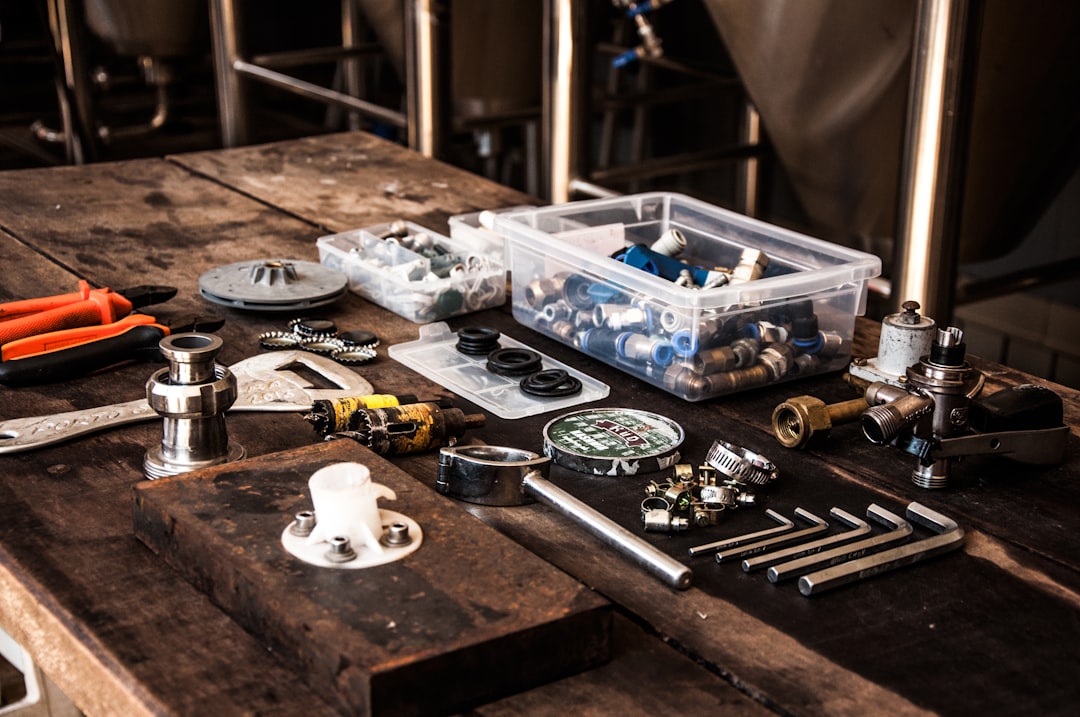Table of Contents
- Introduction
- Unusual odors resembling rotten eggs or sewage
- Frequent headaches or unexplained health issues
- Gurgling sounds from drains or plumbing fixtures
- Presence of dark patches or moisture near plumbing systems
- Increased pest activity, such as flies or rodents
- Bubbles or fizzing in standing water
- Decreased water pressure in fixtures
- Visibility of sewer gas detection equipment readings
- Conclusion
- Frequently Asked Questions
Introduction
Have you ever been hit by a mysterious, foul smell that seems to seep up from the depths of your home? You might dismiss it, hoping it’s just a fleeting odor—but what if it’s something more serious?
Understanding the signs of a sewer gas leak is crucial for your safety and well-being. Not only can these leaks release hazardous gases, but they can also indicate significant plumbing issues that need immediate attention.
In the following article, we will explore the key signs that may alert you to a sewer gas leak lurking in your home. Whether it’s an unusual smell, unexpected moisture, or changes in your plumbing fixtures, knowing what to look for can be the difference between a minor inconvenience and a major health risk.
Join us as we unmask the mystery behind sewer gas leaks and empower yourself with the knowledge to protect your family and home.
Unusual odors resembling rotten eggs or sewage
A common sign of a sewer gas leak is the presence of unusual odors that resemble rotten eggs or sewage. This foul smell is typically caused by hydrogen sulfide, a gas produced during the decomposition of organic matter in sewage and wastewater systems. When sewer gases escape from pipes, they can travel through your home or property, leading to a series of potential health hazards and unpleasant experiences for the occupants.
Detecting these odors is crucial for identifying a possible leak. If you notice a persistent smell that gets stronger in certain areas, it may indicate a malfunction in your plumbing system or a break in the sewer line. Additionally, the presence of such odors can increase in damp or poorly ventilated spaces, which can worsen the overall indoor air quality. If the odor is accompanied by other symptoms, such as headaches, dizziness, or respiratory issues, it is essential to address the issue promptly. Ignoring these signs not only poses risks to health but can also lead to more significant plumbing and environmental problems.
Frequent headaches or unexplained health issues
One of the less obvious signs of a sewer gas leak can manifest as frequent headaches or unexplained health issues. Exposure to sewer gases, which include harmful substances like hydrogen sulfide and methane, can lead to a variety of health symptoms.
These symptoms may range from mild to severe and can often be attributed to other factors, making it crucial for homeowners to remain vigilant. Frequent headaches, dizziness, or nausea can occur as the body reacts to these toxic elements. Moreover, prolonged exposure may trigger more serious health problems, including respiratory issues and neurological effects.
It is important to note that while these symptoms can arise from various sources, a sudden increase in their frequency or intensity could hint at the presence of a sewer gas leak. If residents experience such health concerns alongside foul odors or other indicators of a sewer issue, it is advisable to seek professional help. Addressing the source of the gas promptly is essential for ensuring the safety and well-being of all occupants within the home.
Gurgling sounds from drains or plumbing fixtures
Gurgling sounds from drains or plumbing fixtures can be one of the key indicators of a sewer gas leak. When you hear these unusual noises, it often suggests that air is trapped in the plumbing system, causing water to struggle as it flows through the pipes. This issue can arise from various factors, including a blocked drain line or inadequate venting within the plumbing system.
Gurgling affects not only sinks but also toilets and bathtubs, and it may become more noticeable during heavy water use, such as when running the dishwasher or taking a shower. The noise is typically a result of water attempting to push past obstruction or air, which can lead to buildup and potentially create further issues if not addressed.
If you frequently notice gurgling sounds, it is advisable to investigate the source. Ignoring these sounds can result in more severe plumbing problems, including backups and associated sewer gas issues. Timely intervention can save homeowners from costly repairs and enhance the overall health of their plumbing system.
Presence of dark patches or moisture near plumbing systems
The presence of dark patches or moisture near plumbing systems can be one of the key indicators of a sewer gas leak. These patches are typically a result of a leakage in the sewer system, which allows sewage and its associated gases to seep into the surrounding areas. This can occur in various locations, including under sinks, around toilets, or behind walls where plumbing is concealed. Such moisture not only signifies potential plumbing issues but also creates an ideal environment for mold growth, which can lead to further health complications.
Detecting these dark patches early is essential to prevent more extensive damage and costly repairs. Homeowners should regularly inspect visible plumbing areas for signs of water damage, including discoloration or water stains. If you notice persistent dampness or unpleasant odors accompanying these patches, it is advisable to consult a professional plumber who can assess the situation. Addressing these issues promptly can help maintain a safe and healthy living environment.
Increased pest activity, such as flies or rodents
One of the notable signs of a sewer gas leak is an increase in pest activity, particularly flies and rodents. These pests are often attracted to the odors and conditions created by sewer gas leaks. Flies, especially, are known to thrive in environments where decomposing organic matter is present, which can occur when a leak allows sewer contents to escape into areas where these insects can access.
Rodents, including rats and mice, are also significantly drawn to sewer systems, and they may venture out more frequently if they sense there’s a breach or smell the foul odors associated with sewer gas. The situation often suggests that there is an underlying problem with the plumbing or sewage system.
In addition to the nuisance they create, increased pest activity can pose health risks, as these animals can carry diseases. Thus, noticing more flies or rodents around your property could be an indicator of a deeper issue that necessitates immediate attention from a professional plumber or pest control expert.
Bubbles or fizzing in standing water
Bubbles or fizzing in standing water can be a significant sign of a sewer gas leak. When sewer gas escapes, it can create bubbles in nearby water sources, such as sinks, showers, or even puddles. This phenomenon occurs due to the pressure differences between the gases in the sewer and the surrounding atmospheric pressure, which forces gas to escape through any available outlet.
Observing bubbles in standing water indicates that there may be a blockage or a break in the sewer lines, allowing gas to leak out. It is crucial to pay attention to the frequency and size of these bubbles; smaller, persistent bubbles could signal a minor issue, while larger and more erratic bubbling may point to a more serious problem.
In addition to the visual signs, the presence of a foul odor resembling rotten eggs often accompanies these bubbles, as hydrogen sulfide is a common component of sewer gas. Identifying these symptoms early can help in mitigating health risks and preventing further damage to your property.
Decreased water pressure in fixtures
Decreased water pressure in fixtures can be an alarming sign that may indicate a sewer gas leak or other plumbing issues. When the pressure in your sinks, showers, or faucets drops significantly, it could be caused by blockages in the drainage system. These blockages may prevent the proper flow of water, leading to reduced pressure. In some cases, a sewer gas leak can affect the overall plumbing system’s integrity, causing other related complications.
Additionally, decreased water pressure might result from damaged pipes, corrosion, or even leaks elsewhere in the system. It is essential to investigate sudden drops in water pressure promptly, as they may lead to more serious plumbing problems if left unchecked. Homeowners should keep an eye out for other accompanying symptoms, such as unpleasant odors, gurgling sounds from drains, or the presence of moist spots in unexpected areas.
Taking immediate action to assess the situation can help prevent potential health hazards and costly repairs. If you notice a significant drop in water pressure, consulting a professional plumber can provide clarity and solutions.
Visibility of sewer gas detection equipment readings
The visibility of sewer gas detection equipment readings is crucial for identifying potential leaks and ensuring safety. These devices, designed to detect harmful gases like methane and hydrogen sulfide, often feature digital displays that show real-time readings.
Clear visibility is essential; readings should be easy to read under various lighting conditions, including dim environments often found in basements or crawl spaces.
Some advanced devices include backlit displays, which enhance readability in low-light situations.
Additionally, audible alarms may accompany visual readings, alerting users to dangerous gas levels without requiring constant monitoring of the display.
Understanding the calibration and limits of the detection equipment is also vital, as this ensures accurate readings.
Frequent checks and maintenance of the equipment help guarantee it remains in operational condition, allowing for dependable visibility of readings.
Overall, investing in high-quality sewer gas detection equipment with excellent visibility features enhances safety by quickly identifying potential issues before they escalate.
Conclusion
In conclusion, recognizing the key signs of a sewer gas leak is crucial for maintaining a safe and healthy living environment. Unusual odors, frequent headaches, gurgling sounds, dark patches, and increased pest activity can all indicate the presence of a serious plumbing issue. If you observe any combination of these symptoms, it’s essential to act quickly to prevent health risks and potential damage to your property. Do not hesitate to seek professional help; experts can assess the situation and provide the necessary plumbing assistance. Protect yourself and your loved ones from the dangers associated with sewer gas exposure. For immediate assistance, call 573-555-2121 today and ensure that your home remains a safe and comfortable sanctuary.
